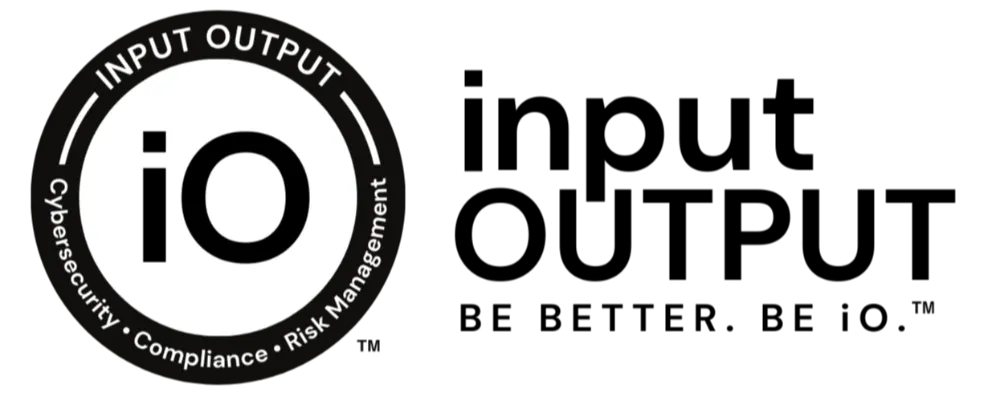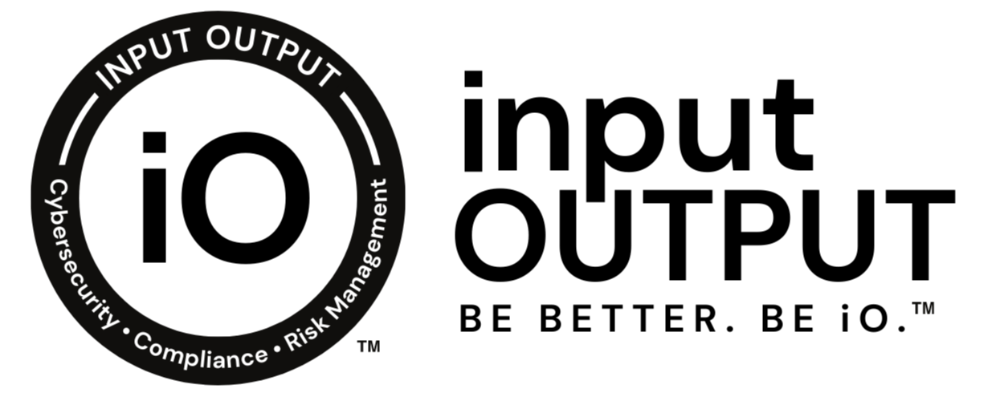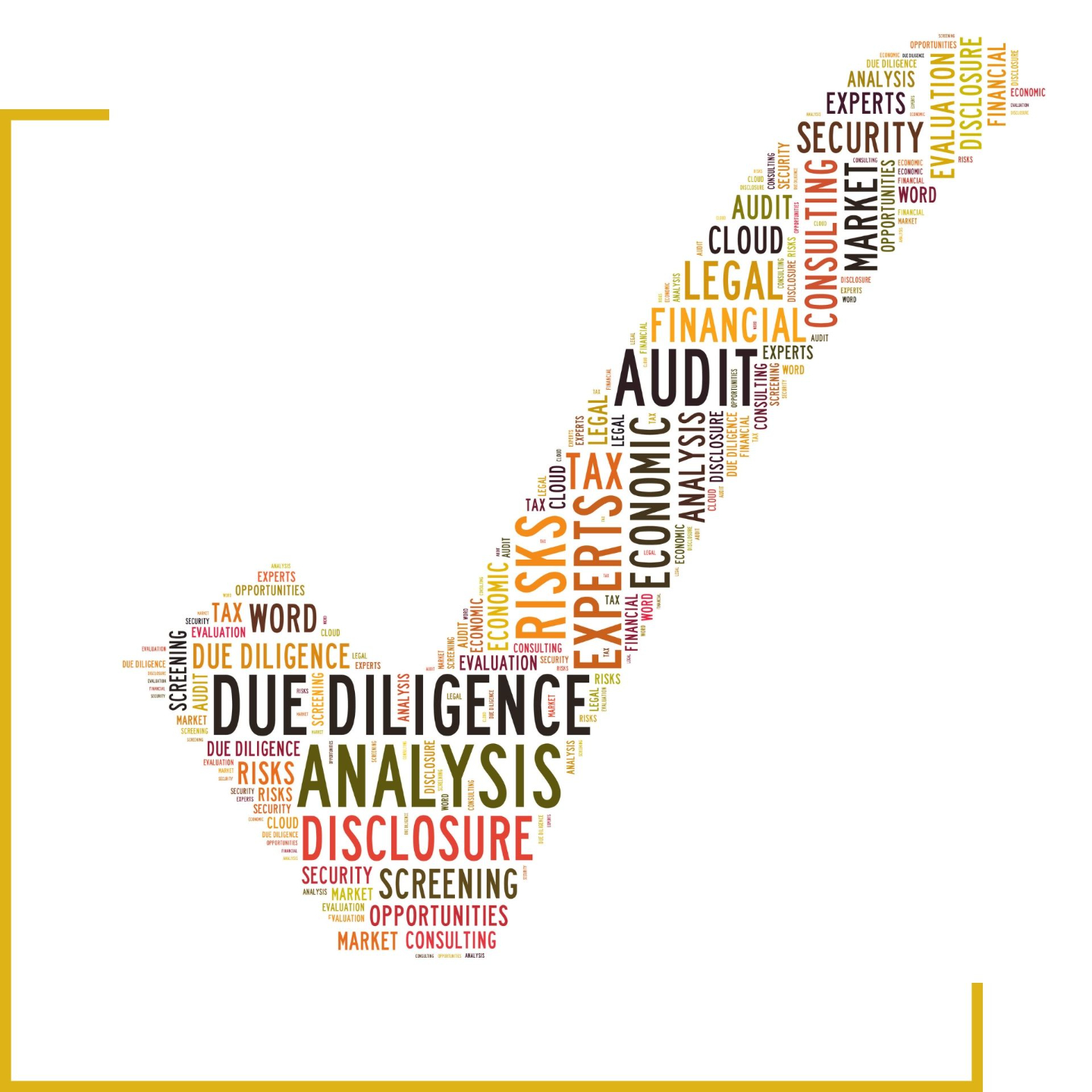What is an Information Security Audit?
An infosec security audit is a comprehensive, systematic evaluation of how well an organization’s information systems and security controls are protecting data and aligning with business, legal, and regulatory requirements. Whether driven by internal governance, industry standards, or regulatory mandates, these audits help uncover weaknesses—technical, administrative, or procedural—before they evolve into actual incidents or penalties.
At its core, an infosec audit isn’t about just “passing a test.” It’s about evaluating whether the right controls are in place, effective, and mapped appropriately to the organization’s specific risks. While audit scopes may vary, all aim to answer one critical question: Is your organization truly protecting what matters most?
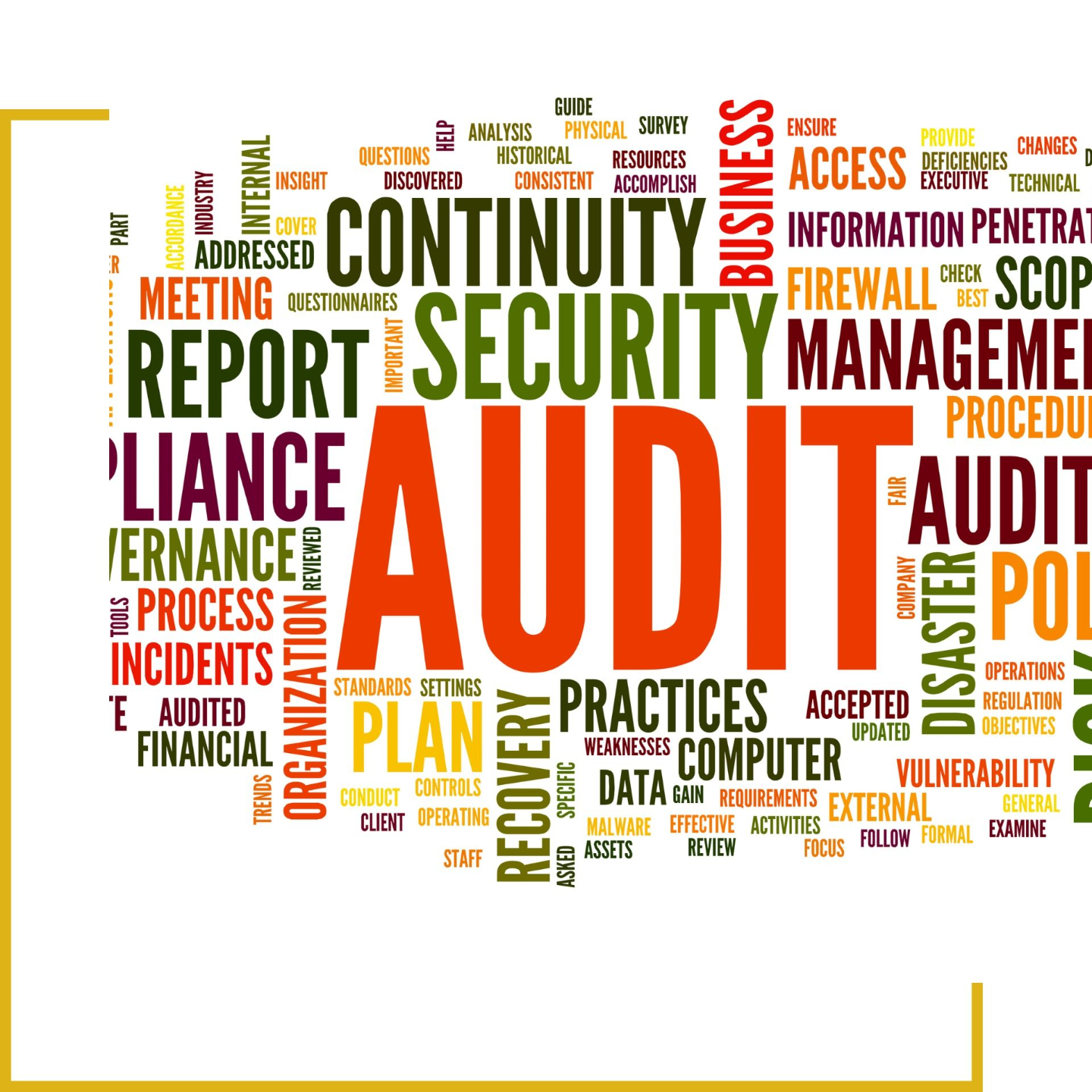
What Is the Purpose of an Information Security Audit?
The primary purpose of an information security audit is to assess the effectiveness of your organization's security controls — administrative, technical, and physical — and determine whether they align with your internal policies, business risks, and external compliance obligations.
Rather than just “checking boxes,” these audits help you:
-
Identify gaps between information security policies and real-world practices
-
Validate the controls protecting your data, systems, and infrastructure
-
Gain insight into regulatory readiness and audit defensibility
-
Prioritize risks and remediation efforts for maximum impact
In many industries, regular information security audits aren’t just a best practice — they’re required. Regulatory frameworks like the FTC Safeguards Rule, HIPAA, and PCI DSS, as well as many vendor contracts and cyber insurance policies, mandate periodic security audits. In most cases, these assessments must be conducted by an independent third party to ensure objectivity and credibility.
Whether you're checking in on your own controls or proving due diligence to regulators and partners, an infosec audit provides the clarity and confidence you need.
Schedule a CallHow Infosec Audits Differ from IT Security Audits and Compliance Assessments
While they sound similar, these reviews have very different objectives:
-
IT Reviews focus primarily on performance and availability—ensuring systems are up, responsive, and well-maintained.
-
Compliance Assessments verify whether specific regulatory checklists or frameworks (like FTC Safeguards Rule, PCI DSS, HIPAA, or SOC 2) are being followed.
Information Security Audits go deeper: they evaluate whether the controls in place actually reduce risk, protect critical data, and align with both compliance mandates and business strategy.
An infosec audit bridges the gap between governance, technical implementation, and operational resilience by assessing the effectiveness of your administrative, technical, and physical controls — not just in isolation, but as part of your organization’s overall risk posture.
Schedule a Call
Our Information Security Audit Process
We take a pragmatic, risk-aligned approach to information security audits — one that delivers meaningful insights without wasting time on low-impact areas. Every assessment is scoped to your unique business model, threat landscape, and compliance goals. The result? An audit that’s efficient, actionable, and ROI-positive.
Here’s how we do it:
-
Discovery & Scoping: We define clear objectives, identify compliance drivers, and map out systems, users, data flows, and business context.
-
Policy & Documentation Review: We review your existing cybersecurity policies, procedures, past audits, and risk assessments to understand your governance posture.
-
Controls Evaluation: Using our proprietary iO-GRCF™ (Input Output Governance, Risk, & Compliance Framework), we evaluate your administrative, technical, and physical controls. This flexible model maps to industry standards like NIST 800-53, ISO/IEC 27001, the FTC Safeguards Rule, and others — helping you understand where you stand across multiple compliance landscapes.
-
Risk & Gap Analysis: We identify gaps, misalignments, and control weaknesses based on both best practices and your real-world risk exposure.
-
Reporting & Remediation Guidance: You receive a prioritized, plain-English report that includes practical next steps, tailored remediation guidance, and control maturity scoring.
At every step, we balance thoroughness with efficiency — ensuring your audit doesn’t just identify risk, but also drives strategic improvements without burning hours (or budgets) on unnecessary deep-dives.
Schedule a CallWhat We Audit — Controls, Policies, and Practices
We take a full-spectrum approach, evaluating all key elements of your information security program, including:
-
Information Security policies and documentation
-
Access controls and authentication methods
-
Data handling, storage, and transmission
-
Network security and endpoint protection
-
Incident response and recovery procedures
-
Employee awareness and training programs
Whether you’re preparing for a compliance initiative or tightening your security posture, our audit adapts to your goals and risk profile.
Depending on the scope, your audit can range from a high-level strategic review — designed to help organizations understand their current maturity and set priorities — to a deep, evidence-based evaluation suitable for regulators, board review, or third-party stakeholders. And for most organizations, we land somewhere in the middle: a focused, pragmatic assessment tailored to provide clarity, value, and direction.
Schedule a Call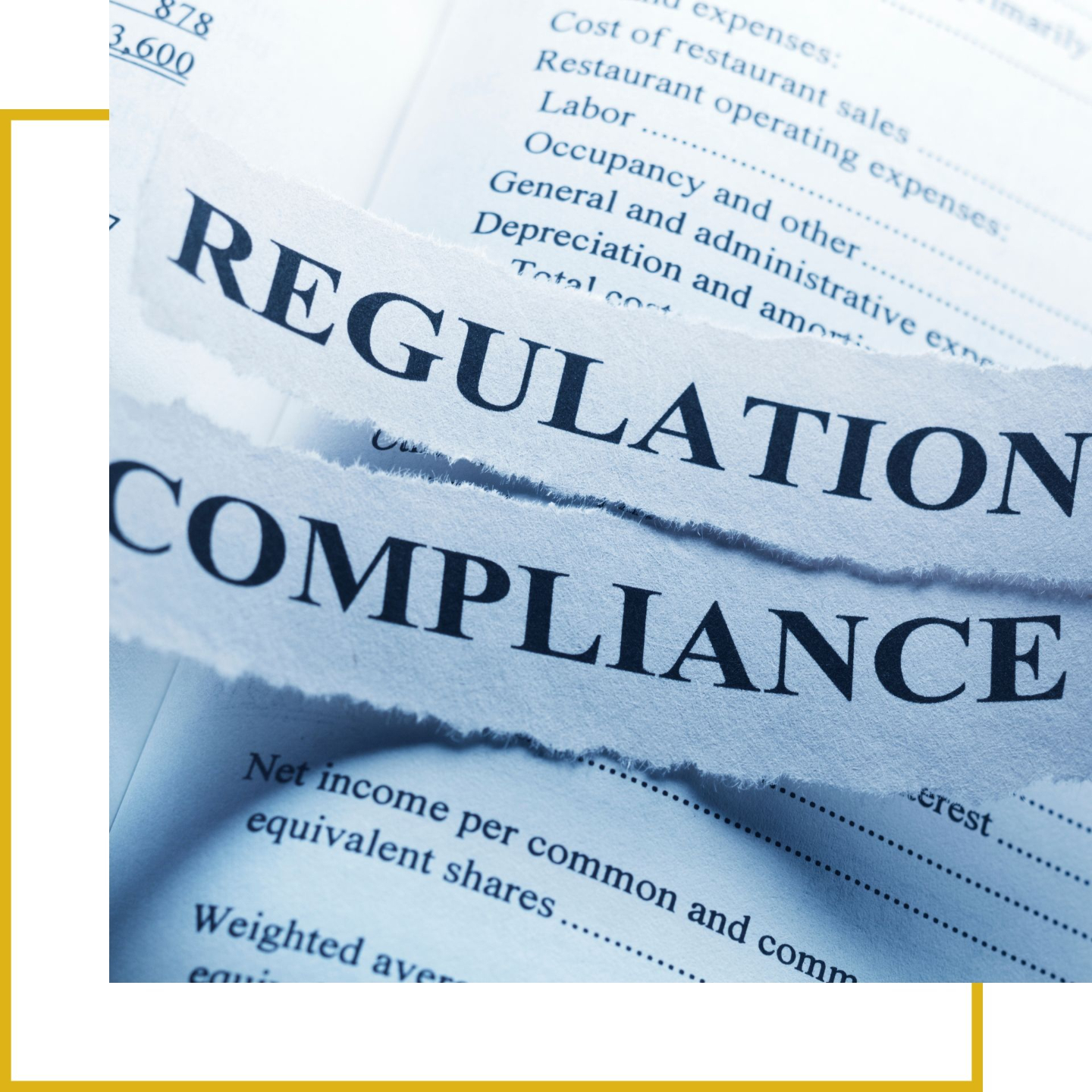
Compliance Requirements and Regulations We Cover
We built our auditing methodology around one simple truth: most organizations don’t operate under a single standard. That’s why we use our proprietary iO-GRCF™ (Input Output Governance, Risk & Control Framework) to evaluate your security posture across multiple compliance frameworks simultaneously — saving time, reducing complexity, and delivering unmatched audit value.
This modular framework maps your existing security controls — administrative, technical, and physical — against leading industry standards and regulations, including:
-
FTC Safeguards Rule
-
HIPAA & HITECH
-
PCI DSS
-
SOX / GLBA
-
ISO/IEC 27001
-
NIST CSF, NIST 800-171, & NIST 800-53
-
GDPR & CCPA
Whether you’re facing regulatory pressure, vendor due diligence, or preparing for formal certification, we tailor your audit to the specific standards that matter to your business.
We can also conduct focused readiness assessments that identify where your current program falls short, provide practical remediation guidance, and even help prepare your organization to confidently pursue formal certification or external audits without any surprises.
Schedule a CallDue Care vs. Due Diligence: How Infosec Audits Provide Measurable Proof
When it comes to cybersecurity and compliance, intent isn’t enough. Regulators, insurers, and stakeholders want to see that you not only planned to protect your data—but actually followed through. That’s where the principles of due care and due diligence come into play.
- Due care is about using reasonable measures and efforts to protect your organization. It means taking sufficient action based on the information available—putting policies in place, setting up controls, and ensuring your decisions aren’t careless or negligent. In short, due care is the standard of effort that shows you weren’t asleep at the wheel.
- Due diligence is taking all expectable or practical steps to maintain that due care. It’s the ongoing responsibility to monitor, enforce, and validate those protections—what a reasonable person would do in your position to make sure the system continues to work. If due care is building the safety net, due diligence is checking that it doesn’t have holes in it.
Infosec audits support both. They provide measurable, independent proof that you’ve not only put the right safeguards in place (due care) but that you're consistently maintaining and validating them (due diligence). That’s the kind of evidence that holds up in front of regulators, clients, and attackers alike.
Schedule a CallWe Thought We Were Fine: The Hidden Cost of Skipping Security Audits
When organizations skip a proper information security audit, the consequences often stay hidden — until it’s too late. Misconfigured systems, untested policies, and undetected vulnerabilities quietly accumulate, putting your business at risk of compliance violations, security breaches, lost revenue, and reputational damage. Without outside oversight, it's easy to focus on the wrong things, waste money on low-risk issues, or completely miss what matters most.

Fall Out of Compliance and Face Costly Legal Consequences

Fail Cyber Insurance Audits and Lose Critical Coverage

Overlook Basic Misconfigurations That Expose Sensitive Data

Get Blindsided by Breaches You Could Have Prevented

Waste Budget on Tools Instead of Fixing Root Issues

Struggle to Answer Executive Board Questions With Confidence
Input Output Information Security and Audit Solutions
Not all infosec audits are created equal—but they share a common mission: validating the effectiveness of your information security controls. Some focus on administrative policies and frameworks; others dive deep into technical implementation. The right audit—or combination—depends on your goals: compliance, risk reduction, or technical hardening.

Information Security Audits
These audits focus on the full scope of organizational security including your policies, processes, technical safeguards, and risk management practices. Rather than isolating one area, this audit offers a strategic, top-down view of your entire information security program. It’s ideal for organizations looking to mature their security posture, validate foundational controls, or prepare for regulatory or contractual oversight.
Our approach evaluates the three pillars of information security:
-
Administrative controls (policies, procedures, governance)
-
Technical controls (systems, authentication, data handling)
-
Physical controls (access restrictions, device management, secure facilities)
We also ensure that your security policies aren’t just on paper — they’re implemented, aligned to compliance frameworks, and supported by real-world practices. This is often the first step before pursuing more focused audits or certification paths.
Schedule a CallCybersecurity Audits
Cybersecurity audits are highly technical assessments that evaluate how well your security controls are implemented across your IT infrastructure. Unlike policy-level reviews, these audits dive deep into your systems, networks, and applications — validating configurations, scanning for weaknesses, and verifying whether your environment is actually enforcing the controls it claims to have in place.
We don’t take anything at face value. Our cybersecurity audits rely on technical evidence, live system checks, and real-world configurations to uncover hidden vulnerabilities and exposure points. This is where theory meets reality.
A cybersecurity audit typically includes:
-
Information technology security audits
- Computer network security audits
-
Firewall configuration and segmentation testing
-
System hardening, patch management, and update validation
-
Vulnerability assessments and exploit path analysis
-
Penetration test result reviews and remediation tracking
-
Incident response capability evaluation and readiness testing
These audits are ideal for organizations that need to validate their technical defenses, prioritize remediation efforts, or prepare for more in-depth vulnerability management and testing engagements.
Whether you’re securing infrastructure, proving operational control effectiveness, or preparing for an external risk assessment — this is where the technical rubber meets the road.
Schedule a Call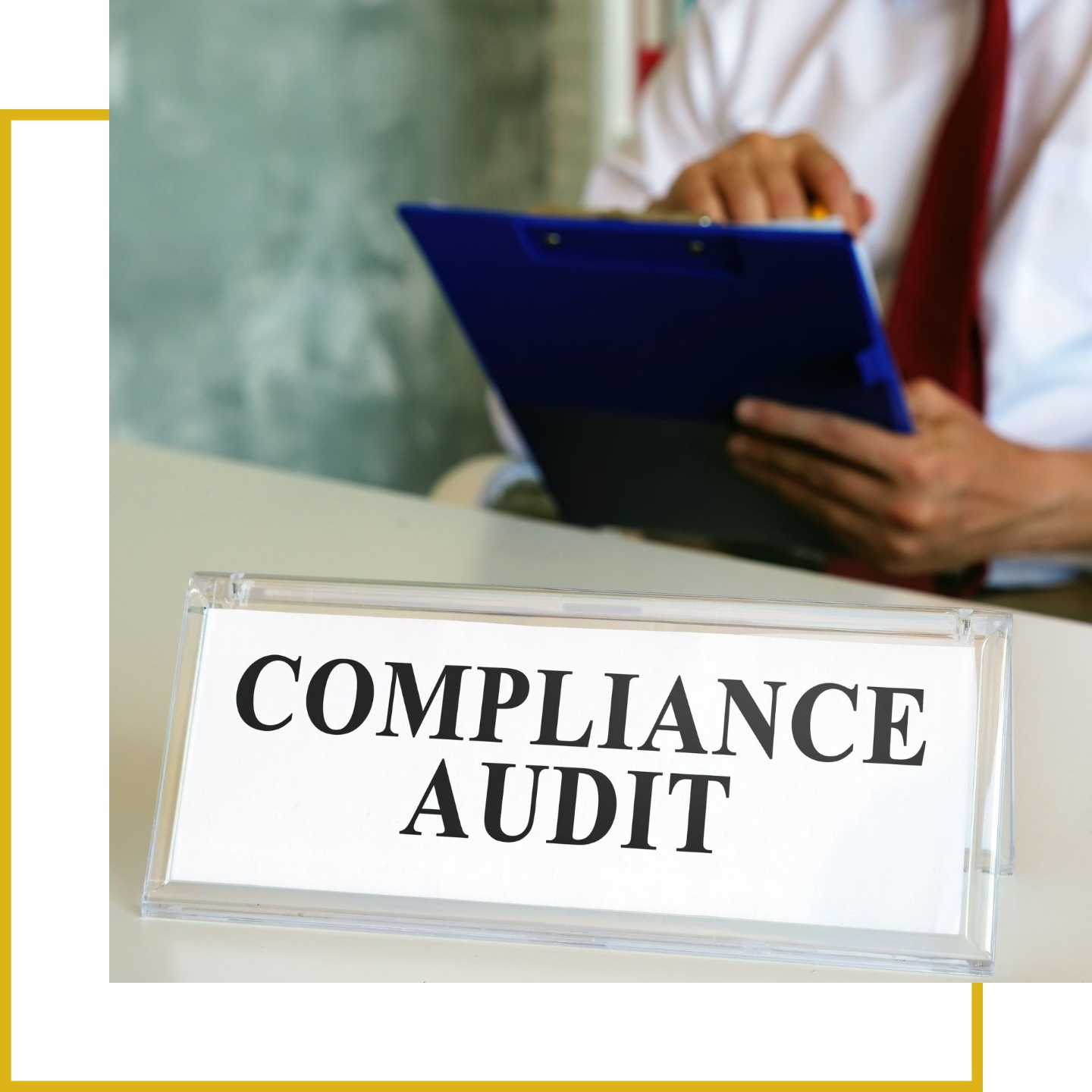
Cybersecurity Compliance Audits
These audits evaluate how well your security controls map to external regulatory or contractual requirements — such as the FTC Safeguards Rule, HIPAA, PCI DSS, or GDPR. Whether you're seeking certification, proving due diligence, or simply assessing where you stand, we tailor the audit to meet your compliance goals.
Our compliance audits can range from general gap identification to full readiness assessments designed to help you step into certification processes with clarity and confidence. We ensure that nothing gets missed — so when auditors or regulators show up, you're already ahead of the game.
What we evaluate often includes:
-
Control mapping to frameworks (FTC Safeguards Rule, HIPAA, NIST, ISO, CIS, and more)
-
Gap assessments tied directly to regulatory clauses and expectations
-
Documentation review for implementation evidence and audit defensibility
-
Remediation planning to close compliance gaps before they become findings
Whether you're preparing for certification or just trying to avoid a regulatory “uh-oh,” we’ve got you covered.
Schedule a CallPrivacy & Cookie Compliance Audits
A focused subset of compliance auditing, these reviews evaluate your organization’s privacy, consent, and data handling practices — both on your website and within internal operations. We assess how well your privacy program aligns with regulatory expectations (like GDPR, CCPA, or similar laws) and identify where your policies, processes, or technical controls may fall short.
These audits don’t just highlight issues — they include clear, actionable remediation recommendations to help you improve alignment. In many cases, it’s not about buying more tools. It’s about adjusting workflows, refining policy language, or tightening up how you manage consent and data subject rights.
Key areas we assess include:
-
Cookie consent banner functionality and third-party script scanning
-
Privacy policy, notices, and legal language review
-
“Right to be forgotten” and data deletion workflows
-
Data subject access request (DSAR) handling and breach notification readiness
This is about more than compliance — it’s about building trust through smarter, streamlined privacy practices.
Schedule a Call
Website ADA Compliance Audits
Non-compliance with ADA accessibility standards isn’t just a usability issue — it’s a legal and financial risk. Some law firms actively target non-compliant websites, filing lawsuits against businesses they know will settle quickly or lose in court. It’s a growing, often predatory trend — one that’s both avoidable and unnecessary.
Our ADA compliance audits review your website against WCAG 2.0 and 2.1 accessibility guidelines to help you identify and fix the gaps before they become liabilities. We don’t just flag problems — we provide clear remediation guidance to help you address them efficiently and reduce exposure.
Audit scope includes:
-
Automated scanning for accessibility violations across pages and templates
-
Manual sampling of key pages, forms, and navigational elements
-
Checks for alt text, keyboard navigation, color contrast, and responsive layouts
-
Remediation recommendations, validation testing, and re-scan options
ADA compliance isn’t optional, and it doesn’t have to be complicated. We help you fix what matters, protect your business, and make your site usable for everyone — including the lawyers looking for low-hanging fruit.
Schedule a CallEmail Security & Deliverability Audits
Poorly configured email settings don’t just open the door to spoofing and phishing attacks — they also tank your deliverability. Some companies have upwards of 40–60% of their emails quietly landing in spam (or rejected completely) due to missing or misconfigured domain records. That’s not just a security problem — it’s a marketing budget black hole.
Our audit reviews the critical records that control your domain’s security posture and your sender reputation. We help you lock down vulnerabilities and boost inbox placement, trust, and brand visibility.
What we evaluate includes:
-
SPF, DKIM, DMARC, and BIMI record validation and alignment
-
Authentication setup to prevent spoofing and impersonation attacks
-
Domain health and delivery reputation (e.g., blocklists, spam scores)
-
Practical remediation steps to improve security and maximize deliverability
Securing your email means more than avoiding threats — it means more of your messages actually get seen, boosting response rates, revenue, and credibility. With the right setup, you can be more secure and more profitable at the same time.
Audit My Email NowInformation Security Auditing That's Broadcast-Worthy
Top media outlets have highlighted our cybersecurity expertise.




FREQUENTLY ASKED QUESTIONS
How much does a cybersecurity audit cost?
What is included in an information security audit?
Do I need a third-party audit for FTC Safeguards Rule compliance?
How often should we perform an information security audit?
Can Input Output help us get ready for ISO 27001 or SOC 2 certification?
What is a cyber insurance audit, and do I need one?
What occurs during a security audit?
Ready to Audit with Confidence?
Don’t leave your business exposed to unseen risks, compliance gaps, or false confidence. Our tailored information security audits give you clarity, accountability, and a clear path forward — without the fluff. Whether you're preparing for certification, tightening your defenses, or just need to know where you stand, we’re here to help you secure what matters.
Schedule a Free Consultation